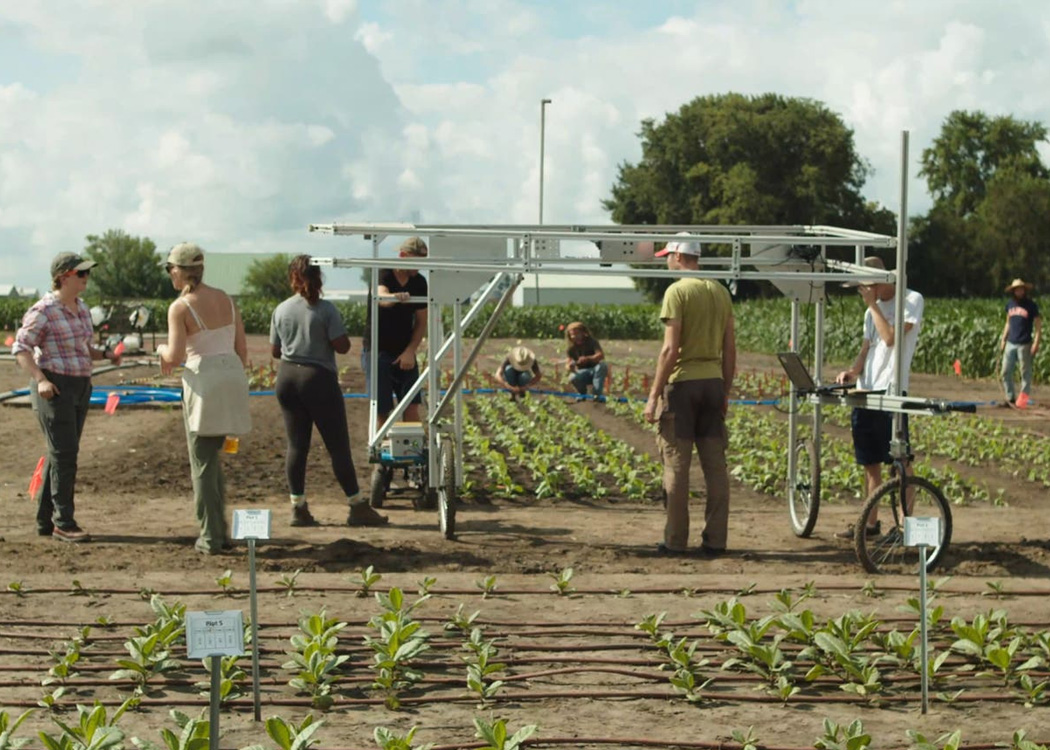MELBOURNE, AUSTRALIA: In a groundbreaking development that could transform the future of global agriculture, researchers at Monash University have redefined how plants respond to climate—paving the way for climate-resilient, designer crops that can thrive in region-specific environments.
Published in the prestigious journal Science, this pioneering study challenges long-standing theories in plant biology. Until now, it was believed that plants, like humans, relied on a central internal “thermometer” to detect temperature. However, the Monash-led team discovered that plants actually use decentralised genetic networks of proteins and biological processes to sense and respond to temperature.
“Understanding how plants naturally integrate temperature into their growth and defence systems opens the door to precision breeding and AI-assisted approaches,” said Professor Sureshkumar Balasubramanian, lead author and plant genomics expert from the Monash School of Biological Sciences.
“This could help us create region-specific designer crops, crucial for food security as climate change brings unprecedented floods, droughts, and extreme weather to farming communities around the world.”
The new “dispersed sensing model” offers unprecedented insight into the molecular building blocks that govern how plants perceive heat. By identifying temperature-responsive elements at the genetic level, researchers can now use advanced biotechnology to genetically fine-tune crops for specific climates—enhancing resilience, yield, and adaptability.
“Think of it like personalised medicine, but for plants,” added Dr. Sridevi Sureshkumar, co-author of the study. “We can now determine specific combinations of genetic manipulations that deliver bespoke, high-performance crop varieties tailored to local agricultural needs.”
The study was led in collaboration with Cornell University and India’s National Institute of Plant Genome Research, reinforcing its global significance. Professor Balasubramanian will present the findings at the International Conference on Arabidopsis Research (ICAR) 2025 in Ghent, Belgium, on June 20.
As climate change continues to reshape ecosystems and agricultural zones, this Monash-led research offers a beacon of hope—not only for Australian farmers but for global food systems facing the growing threat of climate-induced instability.







